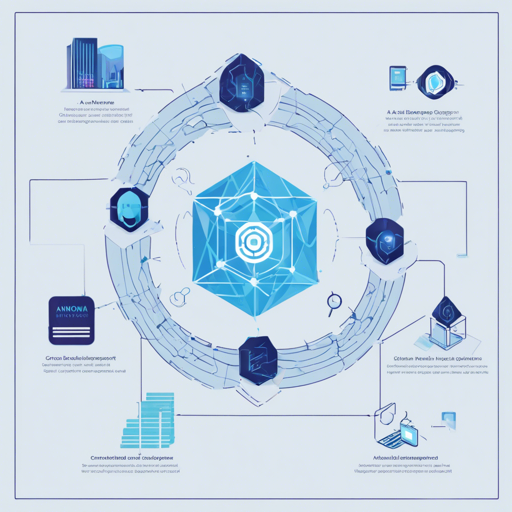Are you intrigued by the realm of decentralized protocols? Do you want to dive deep into the workings of Anoma? This article will guide you through the installation and development of the Anoma protocol, enabling you to get your hands on an innovative framework that enhances privacy and efficiency in decentralized systems.
Overview of Anoma
Anoma is an intent-centric, privacy-preserving protocol tailored for decentralized counterparty discovery, solving, and multi-chain atomic settlement. If you wish to explore more about the vision of Anoma, take a deep dive into the Anoma Vision Paper.
Important Note
Before we venture further, it is crucial to note that this codebase is still experimental. Proceed at your own risk!
How to Install Anoma
Installing Anoma can be accomplished with a single command that builds and installs the necessary executables from the source code, including the node, client, and wallet. It will also check for a compatible version of Tendermint and will attempt to install it if it’s not present. Keep in mind that a minimum of 16GB RAM is required to build from source.
- To install, run the following command in your terminal:
make installOnce installed, the main Anoma executable will be accessible in your path. For more information on how to use it, refer to the User Guide.
Building Anoma with Nix
If you prefer using Nix, you can install Anoma as follows:
- If you have Nix version 2.4 or later:
nix profile installnix-env -f . -iA anomaFor detailed installation options, refer to the Install section of the User Guide.
Understanding the Development Process
Developing with Anoma involves several commands to build specific modules and create a development environment. Think of this process like constructing a custom gaming PC. Each module represents a part of the PC. You have your CPU (like the validity predicate) and the GPU (representing the matchmaker wasm modules). Just as you would construct a PC with precision, you apply these commands to build Anoma:
make build-wasm-scripts-docker- For a debug build, which includes a validator and default accounts:
ANOMA_DEV=true makeLogging Options
To change the logging level in Anoma, you can adjust the ANOMA_LOG environment variable. The available options are:
- error
- warn
- info
- debug
- trace
The default setting is “info” for most modules. To learn more about fine-tuning logging levels, refer to the tracing subscriber docs.
Troubleshooting Installation Issues
Here are some common troubleshooting steps if you encounter problems during the installation:
- Make sure your system meets the RAM requirements.
- Double-check the installation of Tendermint and ensure it’s in your path.
- If using Nix, verify that you have the correct version installed.
For more insights, updates, or to collaborate on AI development projects, stay connected with fxis.ai.
Final Thoughts
At fxis.ai, we believe that such advancements are crucial for the future of AI, as they enable more comprehensive and effective solutions. Our team is continually exploring new methodologies to push the envelope in artificial intelligence, ensuring that our clients benefit from the latest technological innovations.

